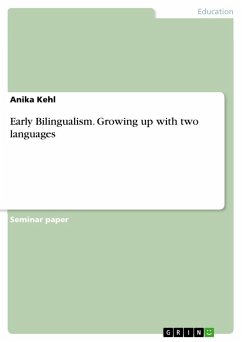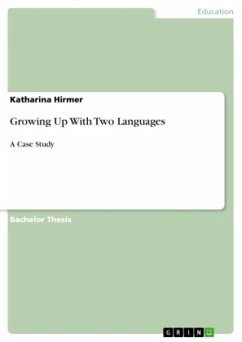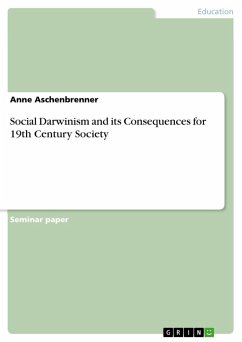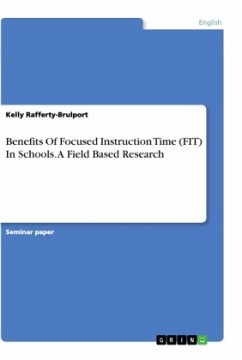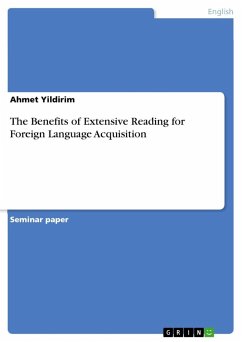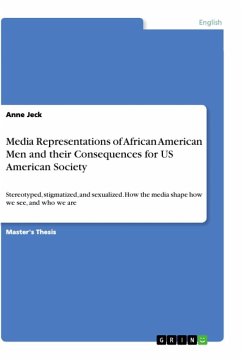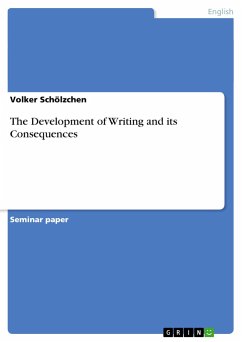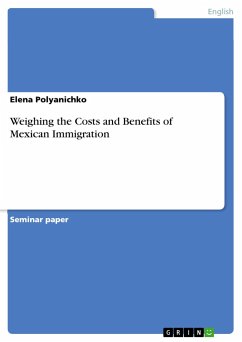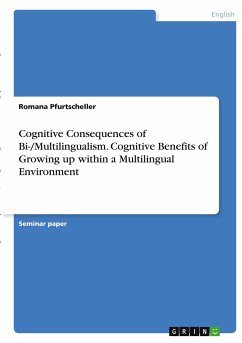
Cognitive Consequences of Bi-/Multilingualism. Cognitive Benefits of Growing up within a Multilingual Environment

PAYBACK Punkte
0 °P sammeln!
Seminar paper from the year 2020 in the subject English Language and Literature Studies - Linguistics, grade: 2, University of Innsbruck, language: English, abstract: This paper examines the cognitive benefits deriving from growing up in a multilingual environment. It deals with the questions if bi-/multilinguals can learn a new language faster than others and if they have better task-switching capacities than monolinguals. Eventually, the benefits of bi-/multilingualism for elderly people are described. In order to give an answer to these questions, first, this paper has a look on the cogniti...
Seminar paper from the year 2020 in the subject English Language and Literature Studies - Linguistics, grade: 2, University of Innsbruck, language: English, abstract: This paper examines the cognitive benefits deriving from growing up in a multilingual environment. It deals with the questions if bi-/multilinguals can learn a new language faster than others and if they have better task-switching capacities than monolinguals. Eventually, the benefits of bi-/multilingualism for elderly people are described. In order to give an answer to these questions, first, this paper has a look on the cognitive consequences of bi-/multilingualism, including the executive function, the second and third language acquisition connected with the parallel activation of both languages, the benefits in older age and the effects on memory. Following, the development of multilingual individuals will be described. The paper will look on the personal development, the academic potential and the analytical thinking of multilingual individuals. In current times, more than half of the worlds' population is bilingual or multilingual. A survey which was conducted by the European Commission in 2006, shows that 56 percent of the participants are able to speak in one or more language(s) other than their mother tongue. This percentage is even higher in some of the world's areas: for instance, 99 percent of Luxembourgers and 97 percent of Slovaks master more than one language.This upbringing in a multilingual environment does not only facilitate cross-cultural communication but has positive effects on the cognitive abilities. Research has shown that bi-/multilinguals have outperformed monolinguals in several tasks, such as the Flanker task, the Stroop task, or the Trail Making task, showing that bi-/multilinguals can have better attention and task-switching capacities than monolinguals.However, the most interesting and consistent results have shown that bi-/multilingualism has positive effectsat both ends of the age spectrum: Children who grew up in a bi-/multilingual environment can better adjust to environmental changes than others and elderly people suffer from less cognitive decline.




